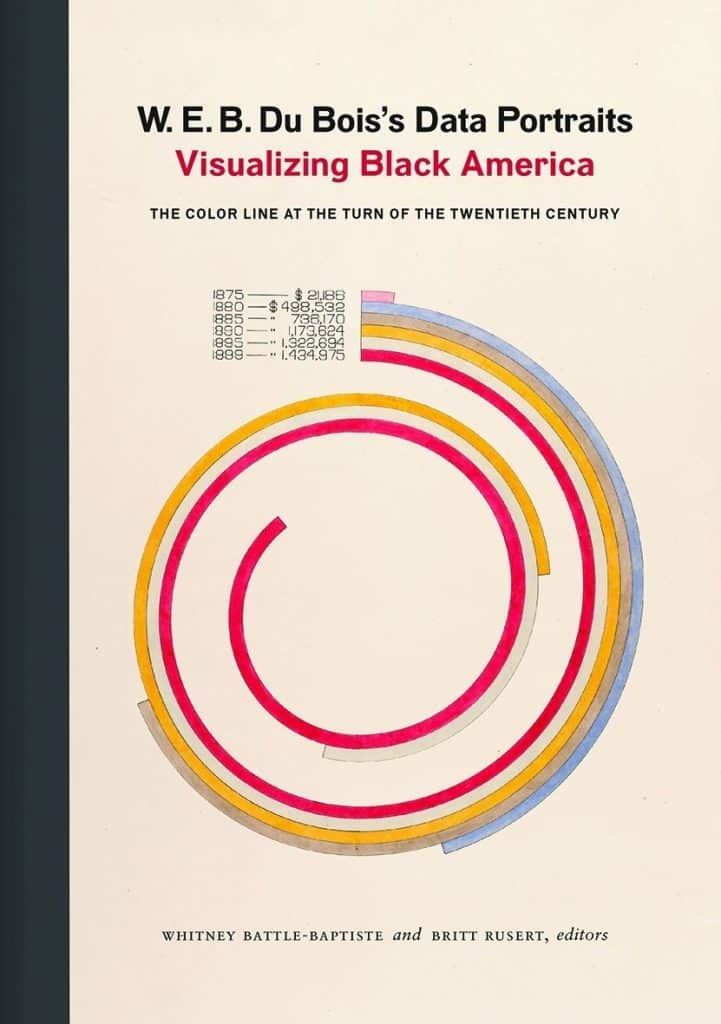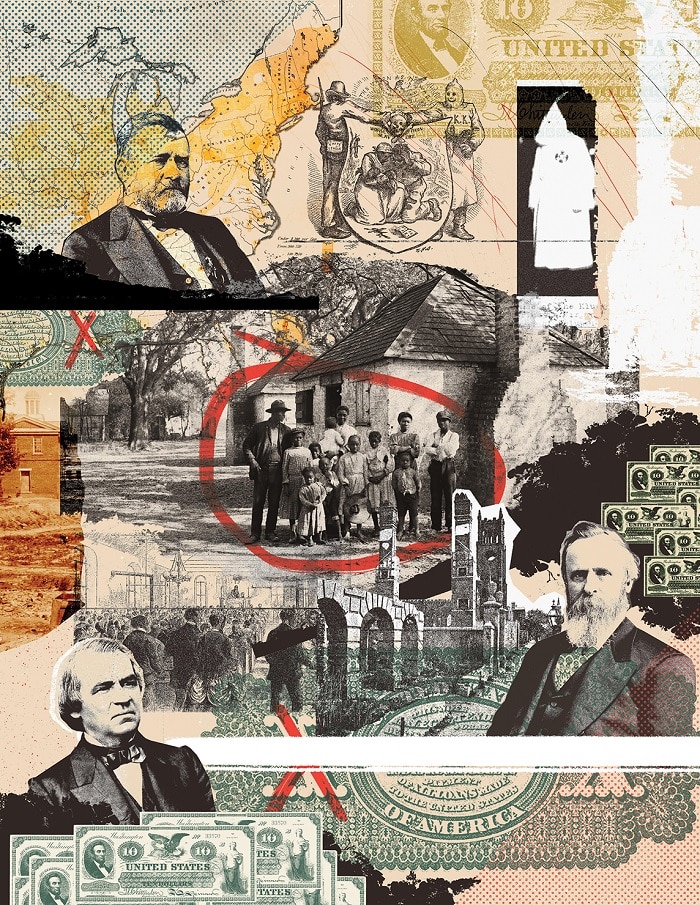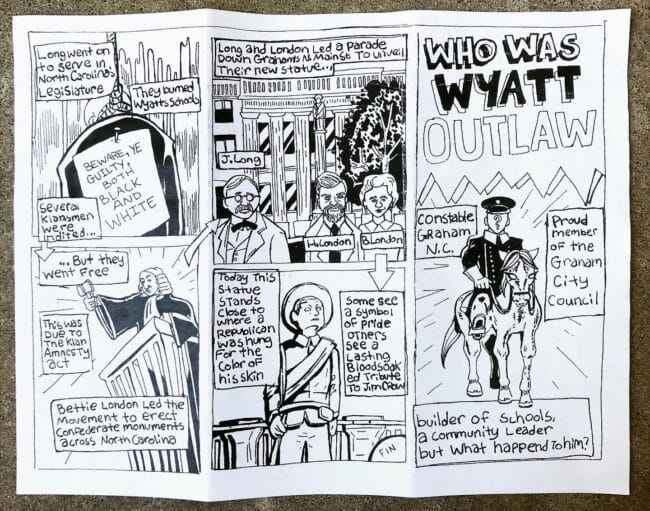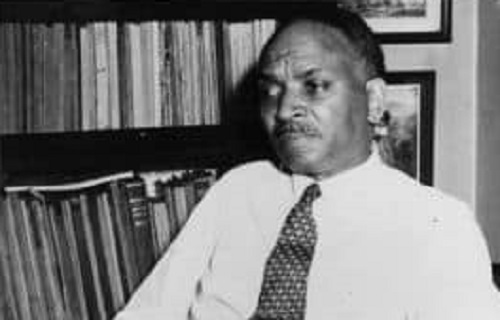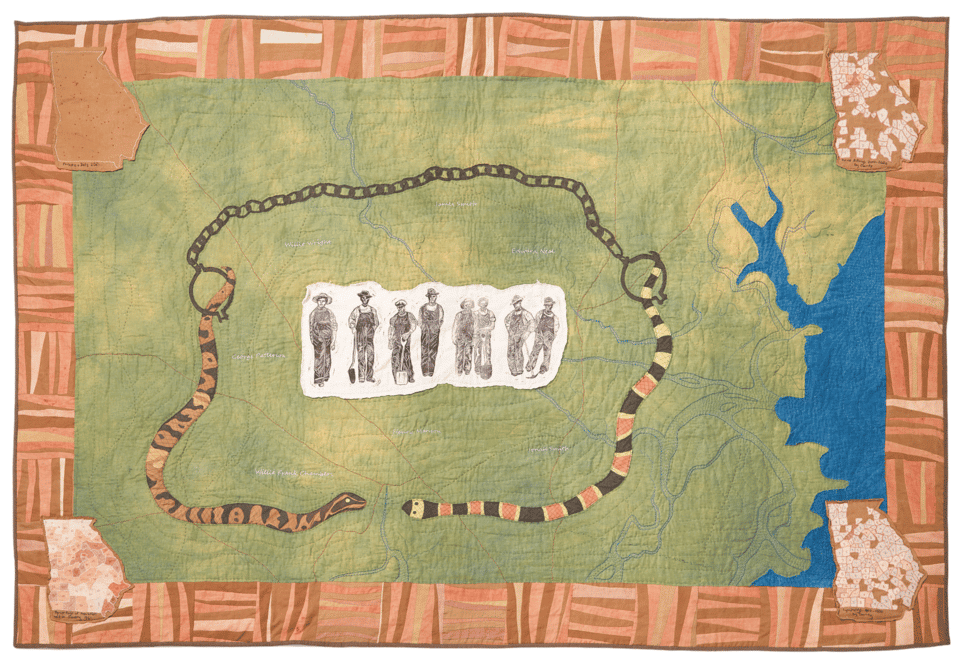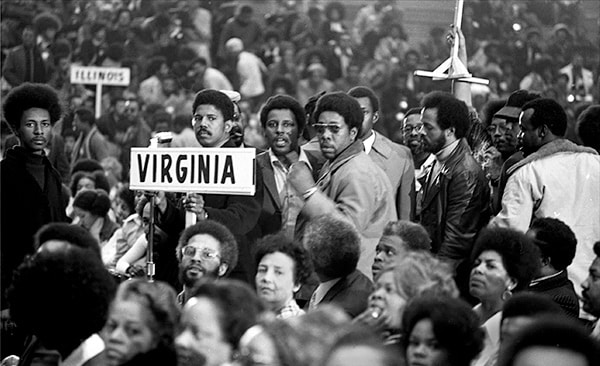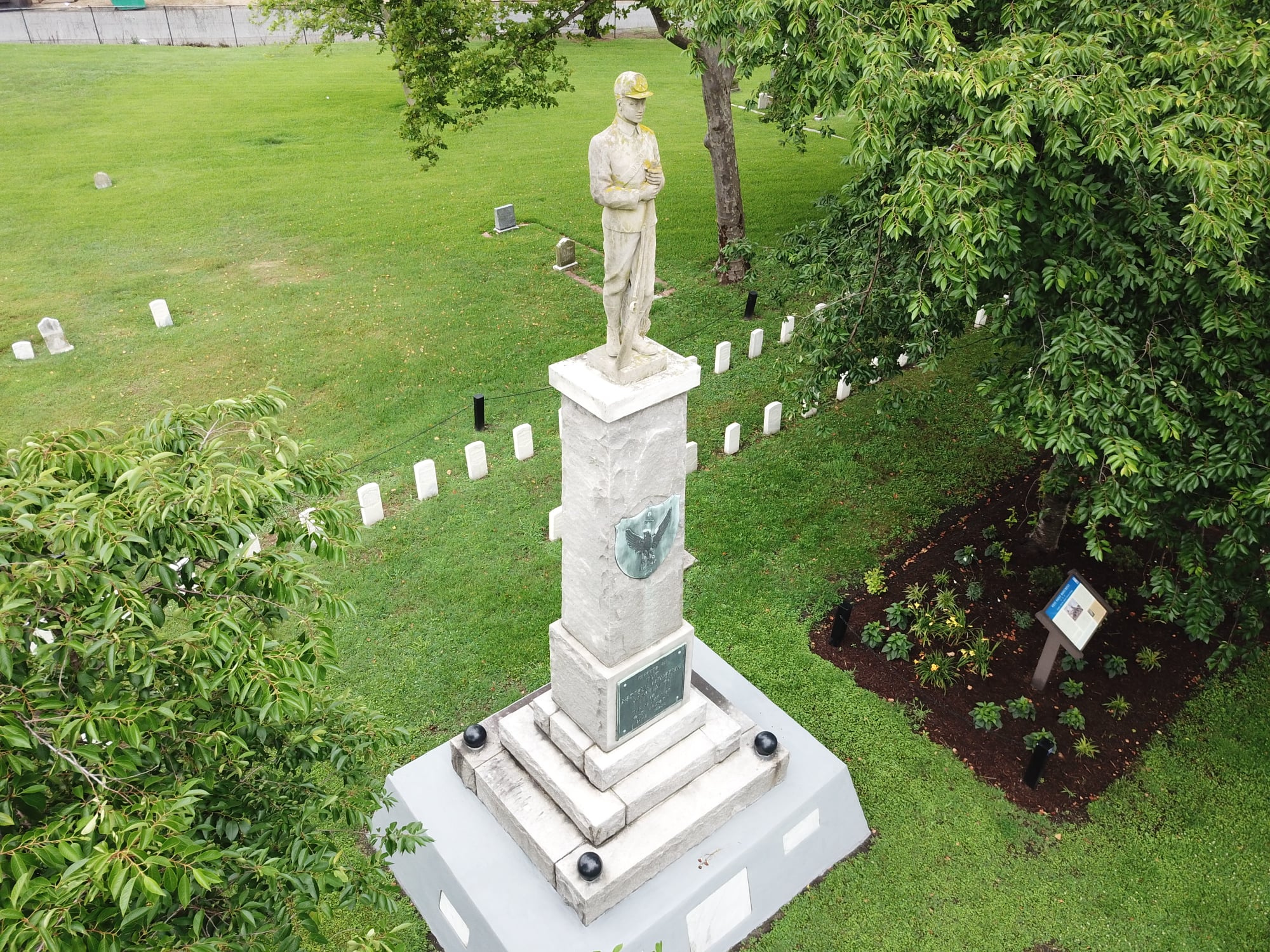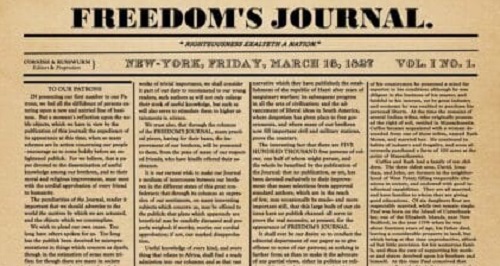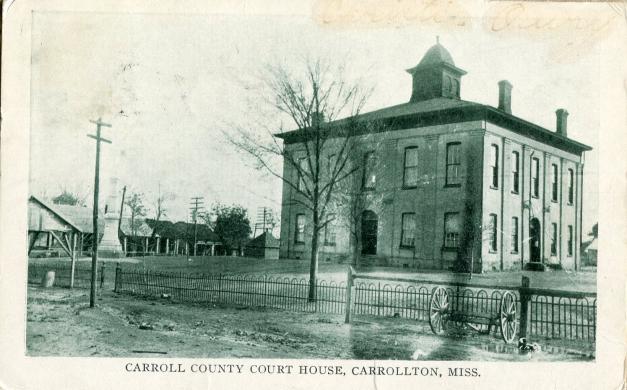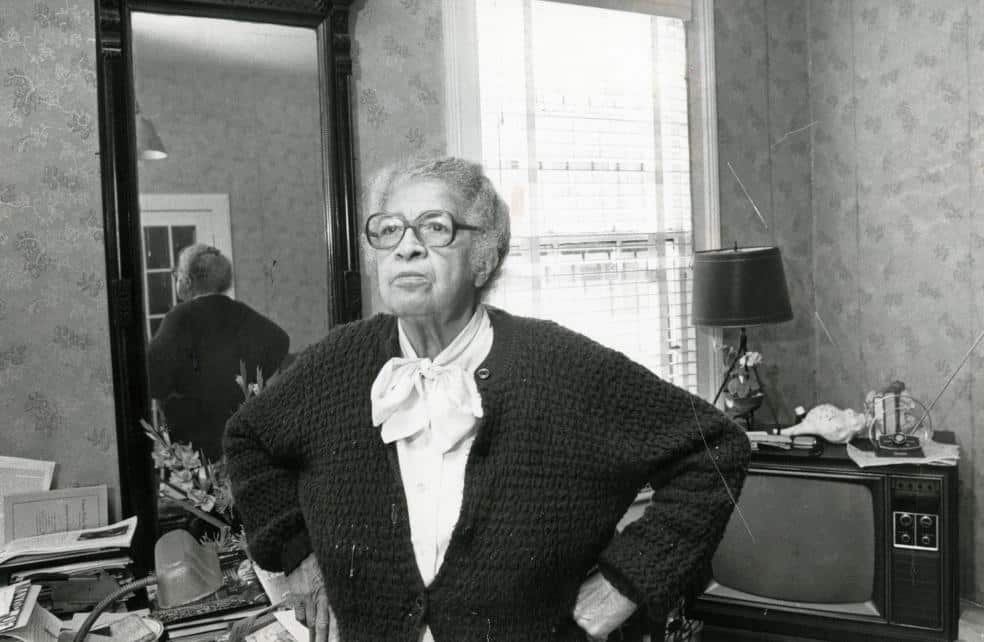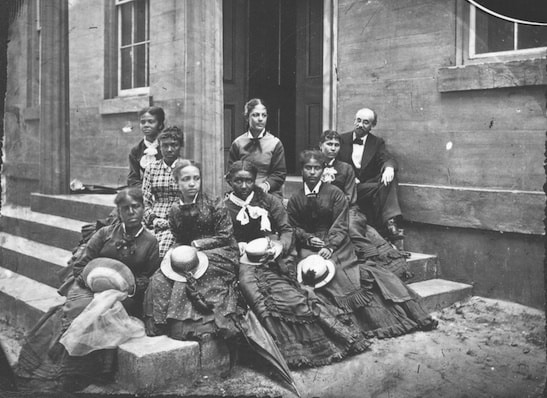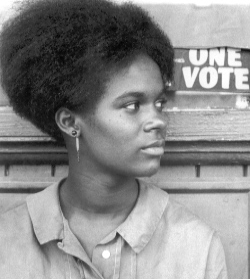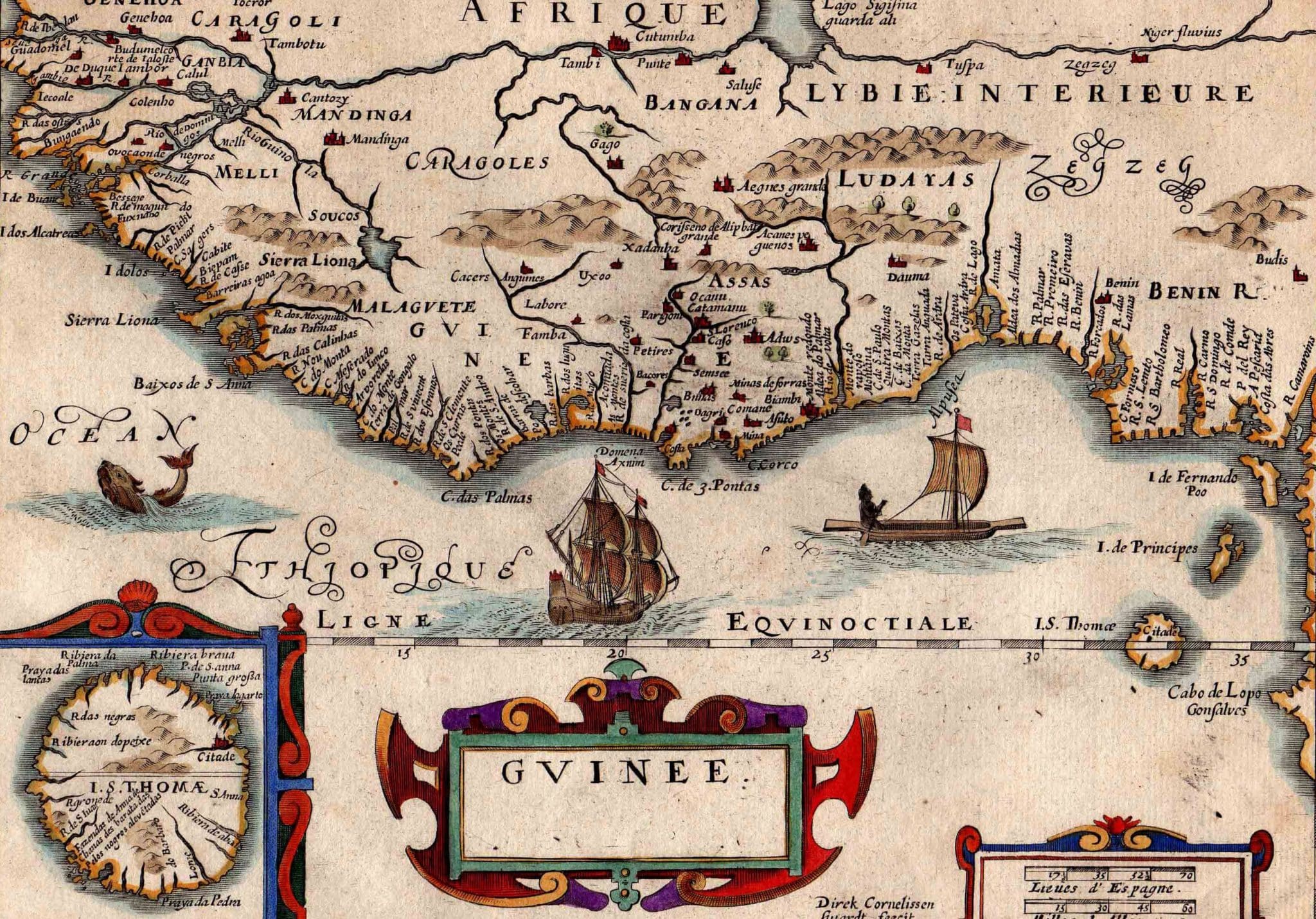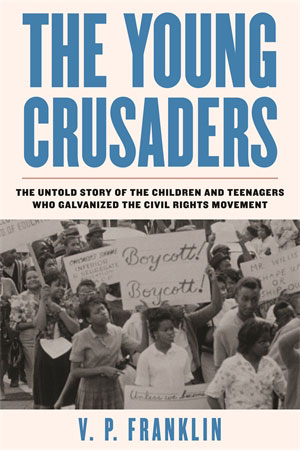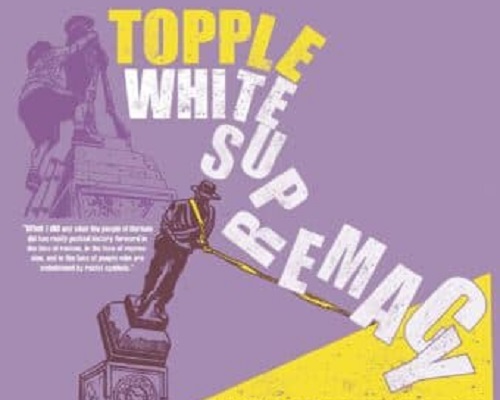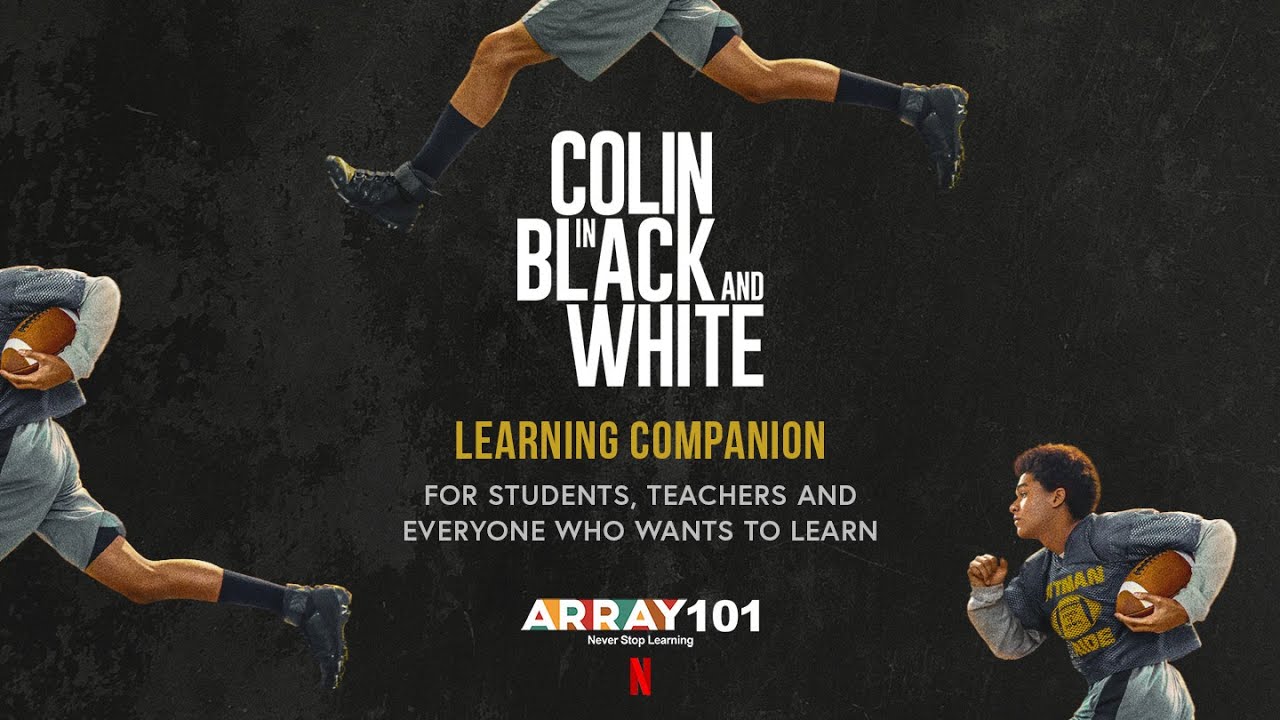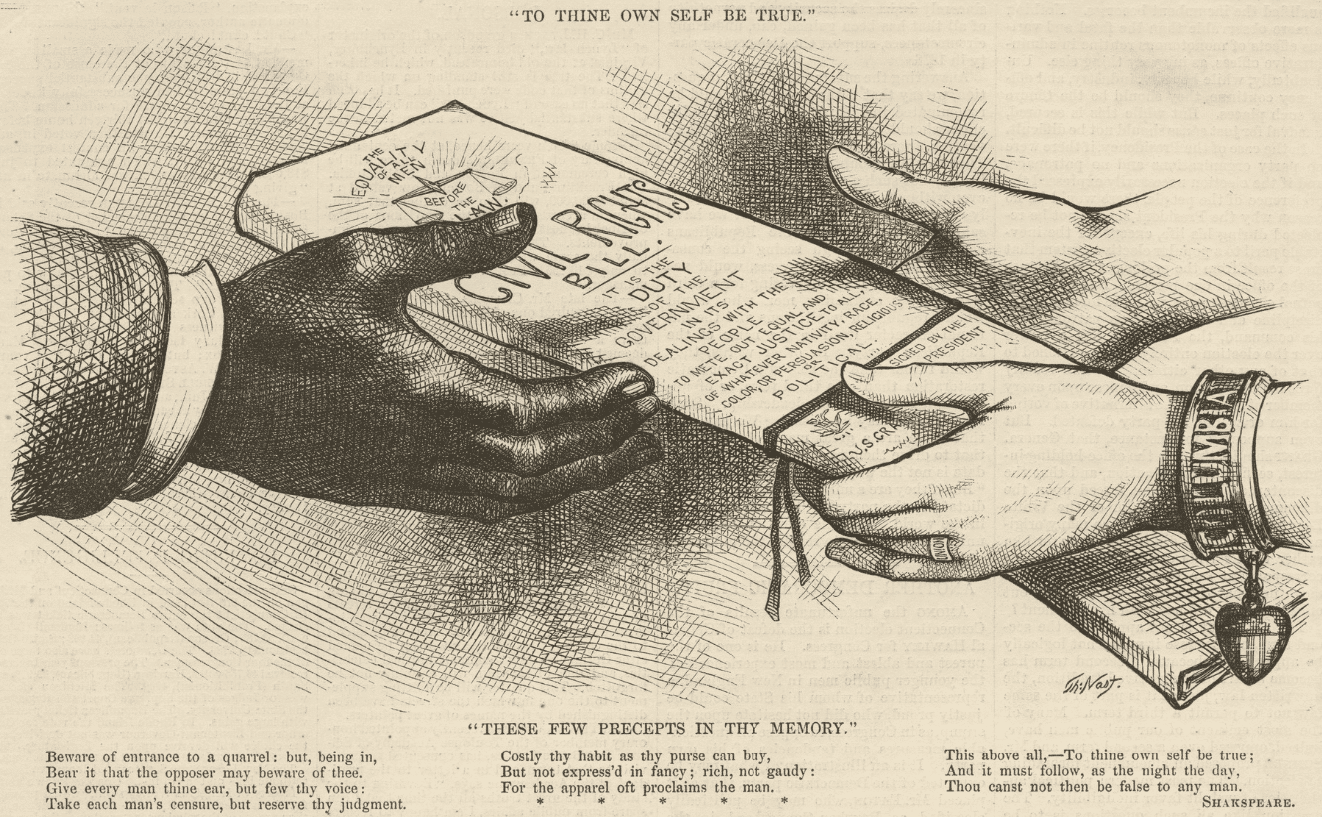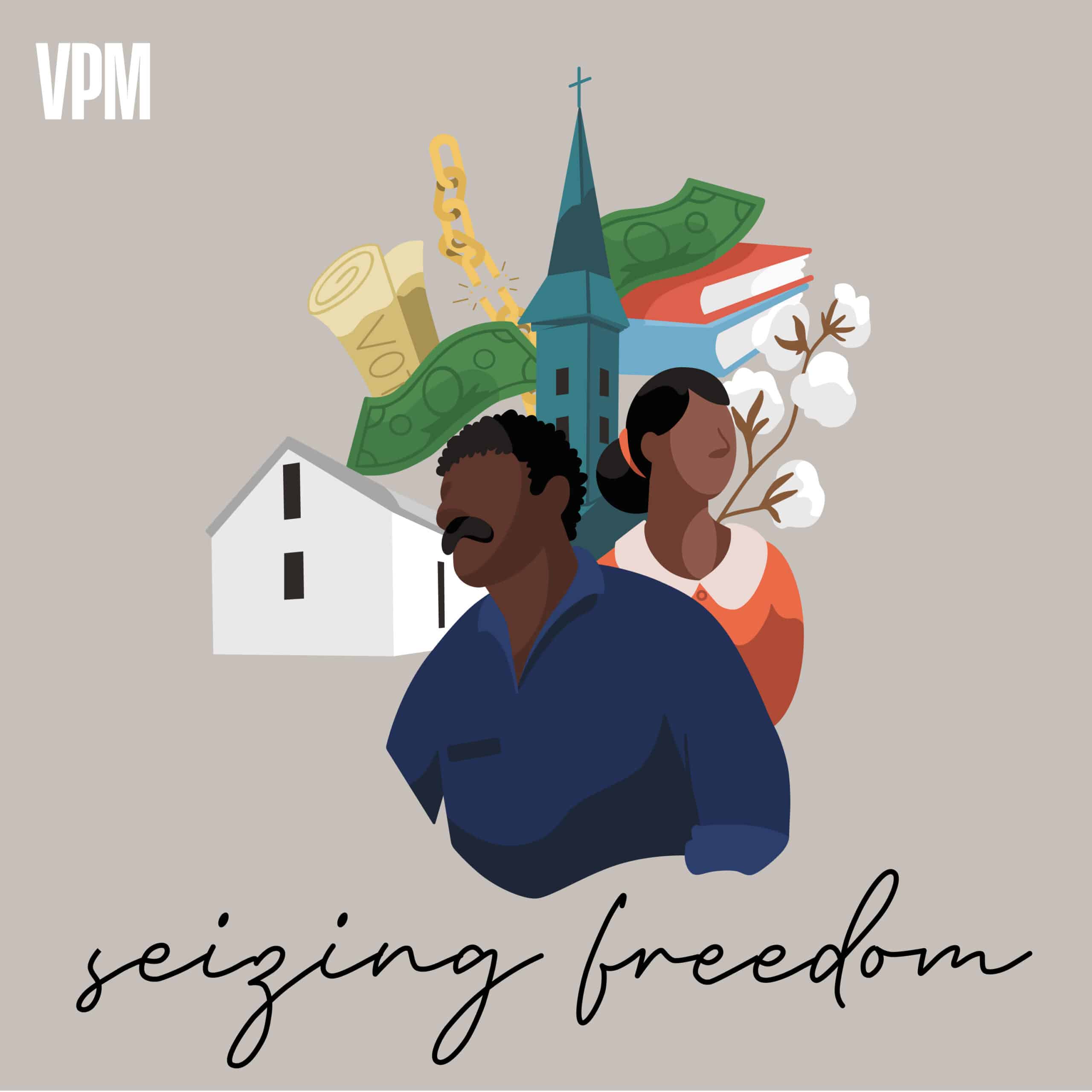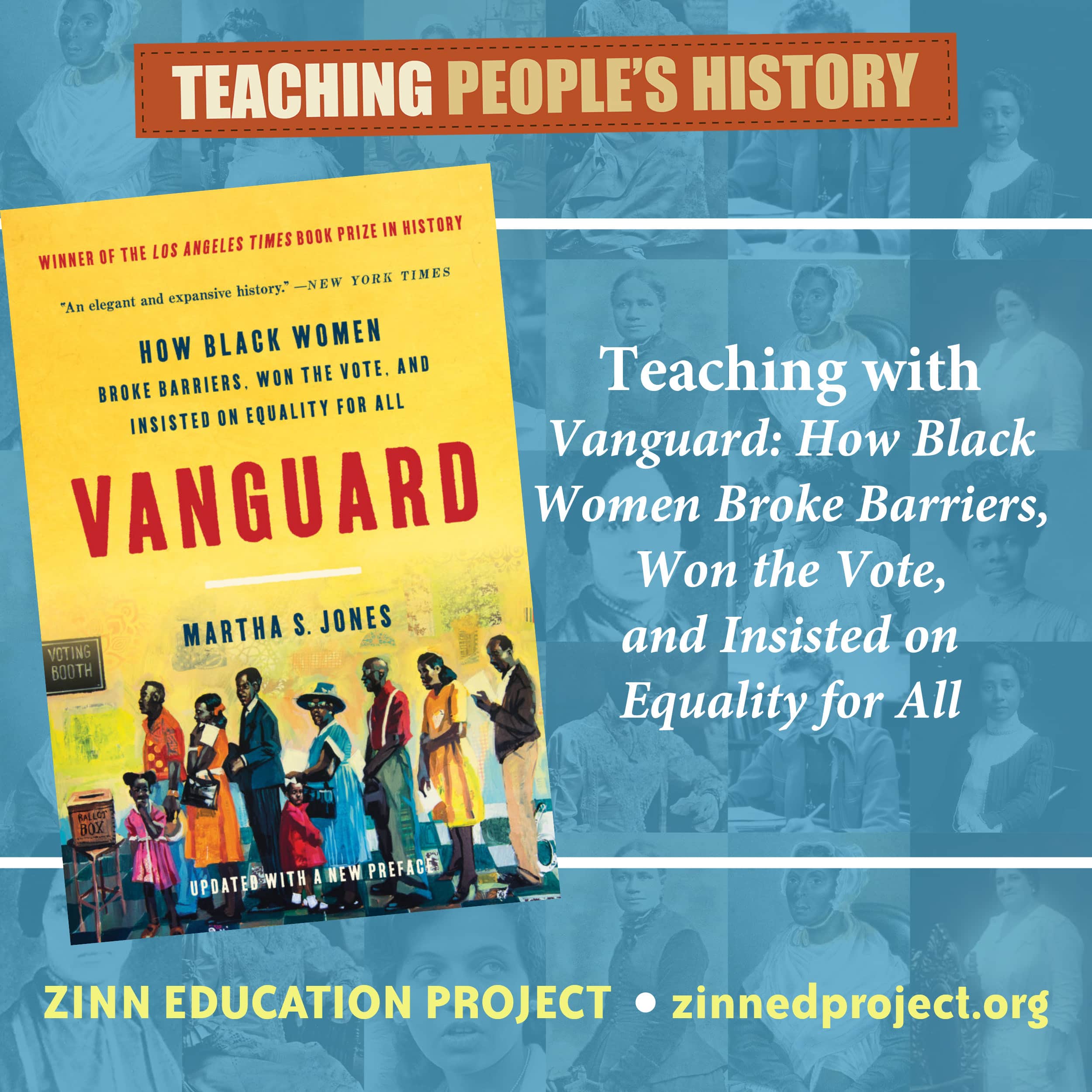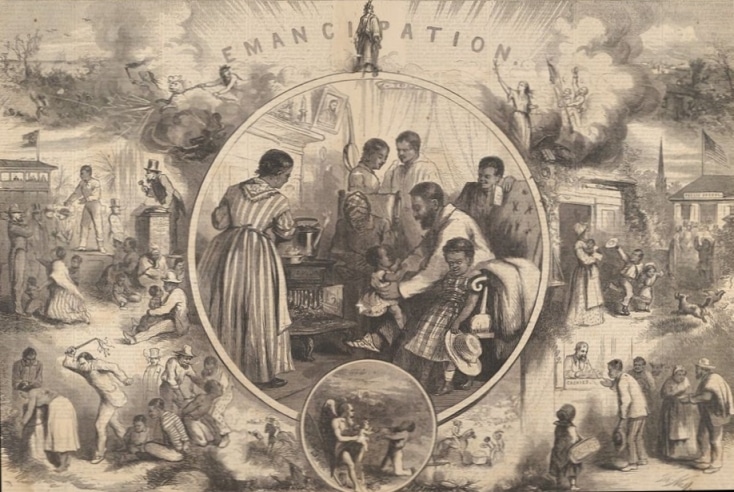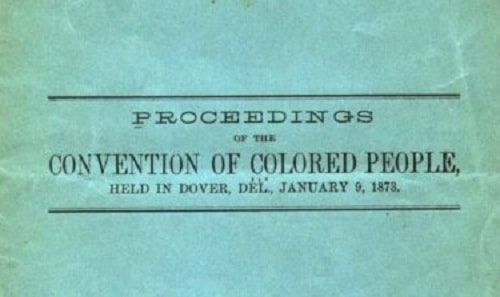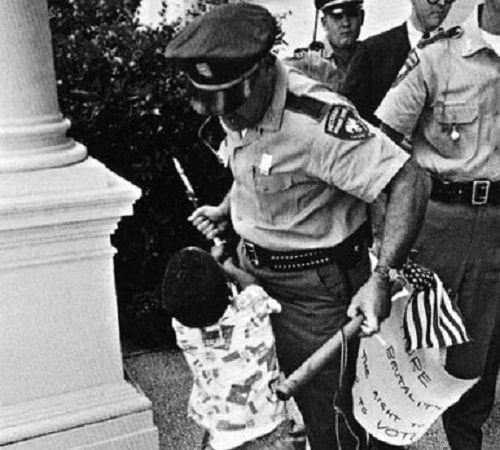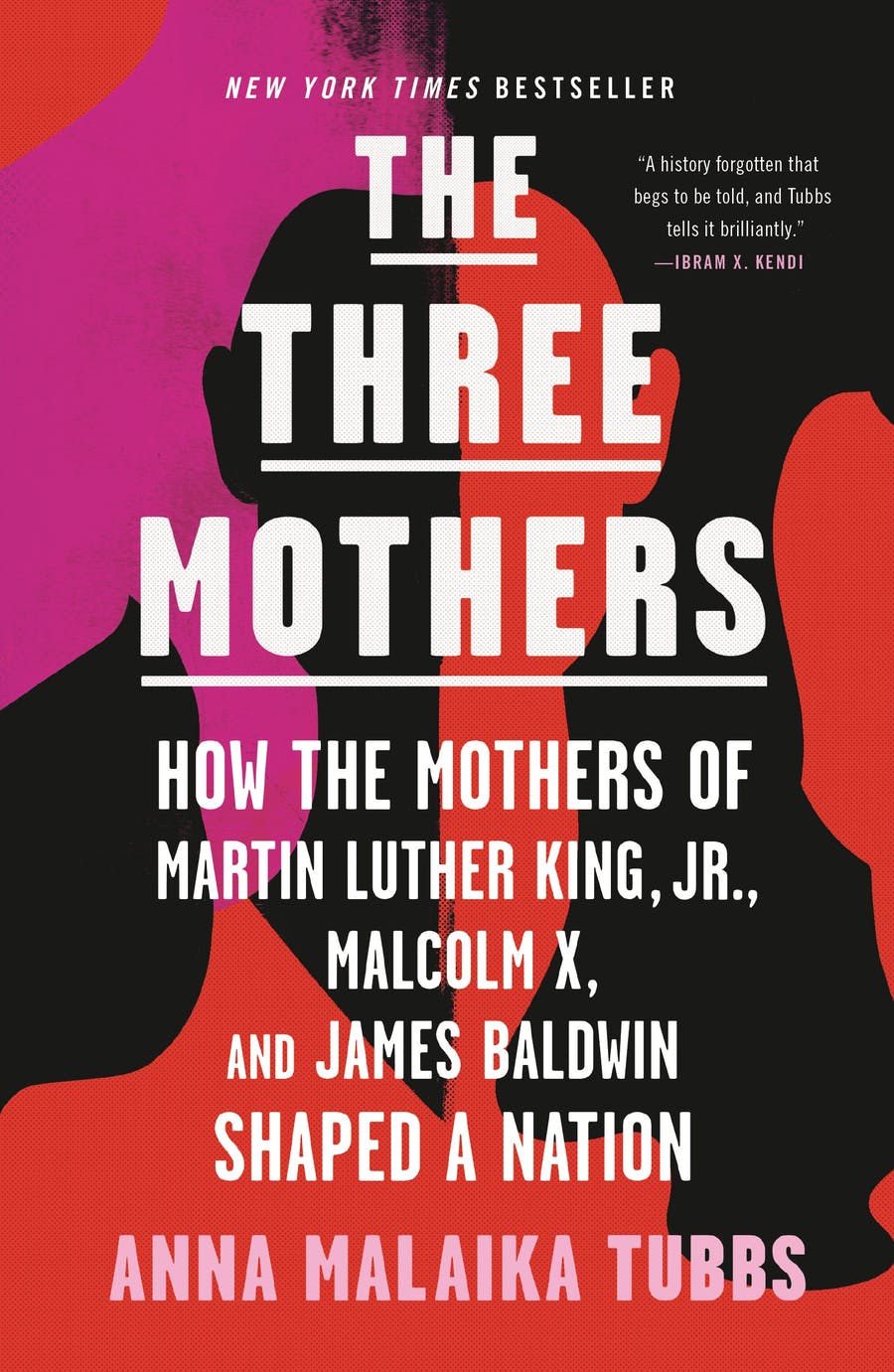Book — Non-fiction. By the W. E. B. Du Bois Center at University of Massachusetts Amherst. 2018. 144 pages.
W. E. B. Du Bois's Data Portraits is an informative and provocative history, data, and graphic design book first presented at the 1900 Paris Exposition.
Teaching Activity by by the W. E. B. Du Bois Center at University of Massachusetts Amherst and edited by Whitney Battle-Baptiste and Britt Rusert
Continue reading
Teaching Activity. By Adam Sanchez. 2022. Rethinking Schools
A role play about the demise of Reconstruction that helps students get beyond the question “Was Reconstruction a success or failure?”
Teaching Activity by By Adam Sanchez, Illustrator: Nate Kitch
Continue reading
Wyatt Outlaw, a Union veteran who became the first Black town commissioner of Graham, North Carolina, was seized from his home and lynched by members of the Ku Klux Klan known as the White Brotherhood, which controlled the county.
Continue reading
Entrepreneur Claude Albert Barnett launched the Associated Negro Press, or ANP, a nationwide and international news service that focused on current events, feature stories, opinions and other information important to African Americans but usually ignored by or unknown to white-owned mainstream media.
Continue reading
A camp warden and guards shot dead seven prisoners being held at the Anguilla Prison in Georgia. The Anguilla Prison Massacre Quilt Project tells that story, drawing on records from the NAACP.
Continue reading
Thousands of Black leaders gathered to create a cohesive political strategy at the National Black Political Convention in Gary, Indiana.
Continue reading
The West Point Cemetery in Norfolk, Virginia was established to provide a burial area for Black soldiers and sailors who fought to preserve the Union.
Continue reading
Freedom’s Journal was the first African American owned and operated newspaper in the United States.
Continue reading
The Carroll County Courthouse Massacre left 23 Black people dead when an armed white mob attacked an ongoing trial.
Continue reading
Prompted by South Carolina’s all-white political primary system, civil rights advocate Modjeska Monteith Simkins wrote a letter to Governor Olin D. Johnston of South Carolina challenging him to a debate on white supremacy.
Continue reading
Henry E. Hayne was the first Black student to be accepted to the University of South Carolina’s medical school, a bold act which encouraged other Black students to apply. By 1875, Black men comprised the majority of the student body.
Continue reading
Profile.
Summer initiative to register African American voters in Mississippi.
Continue reading
Approximately ninety-six Africans held captive on the British slave ship Little George revolted against the ship’s captain and crew, eventually taking control of the entire ship.
Continue reading
Book — Non-fiction. By V. P. Franklin. 2021. 328 pages.
This books tells the story of the hundreds of thousands of children and teenagers who engaged in sit-ins, school strikes, boycotts, marches, and demonstrations in which Dr. Martin Luther King Jr. and other national civil rights leaders played little or no part.
Teaching Activity by V. P. Franklin
Continue reading
Freedom fighter Takiyah Thompson looped a bright yellow strap around the neck of a Durham, North Carolina monument to Confederate soldiers, and a crowd of other activists pulled it down, inspiring other communities to take direct action in removing public symbols that glorify white supremacy, and to raise up new stories that celebrate all people.
Continue reading
Book — Non-fiction. By Robert Whitaker. 2009. 386 pages.
The story of the 1919 Elaine massacre in Hoop Spur, Arkansas.
Continue reading
Teaching Guide. Presented by Ra Vision Media & Know Your Rights Camp. 2022. 85 pages.
In conjunction with the Netflix series of the same name, this teaching guide provides students with resources and activities to understand and address systemic and institutional racism.
Continue reading
The U.S. Supreme Court ruled that the Civil Rights Act of 1875, forbidding discrimination in hotels, trains, and other public spaces, was unconstitutional and not authorized by the 13th or 14th Amendments of the Constitution.
Continue reading
To facilitate bringing the Seizing Freedom podcast to the classroom, we are sharing teaching ideas for selected episodes, beginning with "A Powerful Black Hand."
Continue reading
Teaching Activity. By Ursula Wolfe-Rocca. 25 pages.
Students engage in an interactive activity with short excerpts from Martha Jones’ book to learn about the leading role of Black women in the fight for voting rights throughout U.S. history.
Continue reading
Digital collection. Documents that help explain how Black people traversed the bloody ground from slavery to freedom between the beginning of the Civil War in 1861 and the beginning of Reconstruction in 1867.
Continue reading
Digital collection. Collections as data and machine learning project examining Jim Crow and racially-based legislation signed into law in North Carolina between Reconstruction and the Civil Rights Movement.
Continue reading
During Reconstruction, Delaware’s Convention of Colored People gathered in Dover to discuss and demand state provisions to educate their children.
Continue reading
Five-year-old Anthony Quin and his mother and siblings protested against the election of five Mississippi Congressmen from districts where Black people were not allowed to vote. Refused admittance, they sat on the steps and police-instigated mayhem ensued.
Continue reading
Book — Non-fiction. By Anna Malaika Tubbs. 2021. 288 pages.
This book details the lives of Berdis Baldwin, Alberta King, and Louise Little, the mothers of James Baldwin, Martin Luther King Jr., and Malcolm X, respectively.
Continue reading

